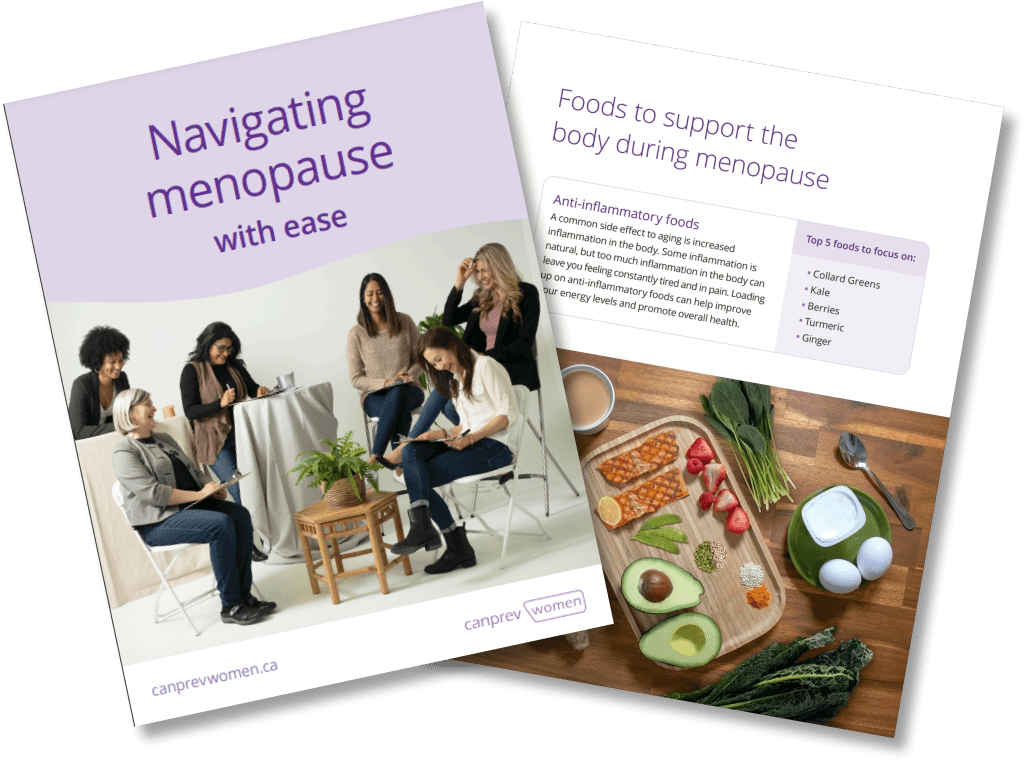For most of us, getting pregnant isn’t a switch that flips the moment we decide we’re ready. It’s something our bodies prepare for gradually — a process that unfolds with care, patience and time.
Let’s look at what’s happening inside both the male and female body, the nutrients that help support fertility and practical ways for both partners to nurture a healthy foundation for pregnancy.
Trimester zero
It’s generally known that most men produce millions of new sperm every day. What’s less discussed is that these sperm take about 74 days to fully mature. In their early stages, they’re still tiny cells learning how to swim and gather the energy they’ll need to reach and fertilize an egg. They need time and nourishment to grow strong enough to make that journey.
For women, the process takes even longer, with an egg needing 90 to 120 days to mature within its follicle before ovulation. During that time, its quality is shaped by everything from nutrition and sleep to stress and hormonal balance—the body’s quiet preparation for what’s to come.
Together, these overlapping timelines make up what’s often called ‘trimester zero’, the three to six months before conception when both egg and sperm are still developing. It isn’t a medical milestone, but rather a natural window that begins whenever you start thinking about pregnancy and begin supporting your body for what’s ahead.
The habits you build in this window help create a body environment that supports conception and helps both partners feel balanced and ready for the next step.
Building a fertile foundation
In the months leading up to conception, food choices and daily habits can shape the quality of both egg and sperm. Everyday habits and nutrition all send signals throughout the body that can influence hormone balance and reproductive health.
Healthy habits
Small, consistent habits can quietly support hormone balance, energy and reproductive health. Here are a few to focus on as you prepare for pregnancy together.
Sleep
Women: Supports hormones that regulate ovulation and cycles.
Men: Aids testosterone production and sperm development.
Try: 7–9 hours a night and a screen-free wind-down.
Movement
Women: Boosts circulation and mood balance.
Men: Supports testosterone, energy, and stress relief.
Try: 150 minutes of moderate activity a week.
Stress relief
Women: Chronic stress can affect ovulation.
Men: Elevated cortisol can lower sperm quality.
Try: Deep breathing, walks, or a few quiet minutes each day.
Hydration
Women: Helps with cervical mucus and nutrient flow.
Men: Supports sperm volume and motility.
Try: 2–3 L of water a day.
Unplug and unwind
Women: Too much caffeine or late-night scrolling disrupts sleep and hormones.
Men: Overdoing it on caffeine or screen time can throw off deep rest and sperm quality.
Try: Under 200 mg of caffeine daily and screens off an hour before bed.
Fuel for fertility
A balanced diet nourishes egg and sperm health, regulates hormones and builds steady energy for conception. Let’s look at how these key nutrients work for both partners:
Antioxidants
Women: Antioxidant help protect developing eggs from oxidative stress, supporting egg quality and healthy ovulation.
Men: Protect sperm DNA and improve motility by reducing oxidative damage.
Found in: Berries, spinach, kale, walnuts.
Folate
Women: Vital in the earliest stages of fetal development. Supports DNA formation, cell growth and healthy ovulation.
Men: Contributes to normal sperm formation and helps maintain DNA integrity.
Found in: Lentils, chickpeas, leafy greens, sweet potatoes, avocados.
Healthy fats
Women: Support hormone production, cycle regularity and blood flow to reproductive organs.
Men: Contribute to testosterone balance and structure of sperm cell membranes for strength and motility.
Found in: Salmon, olive oil, walnuts, full-fat yogurt, avocado.
Protein
Women: Provides amino acids that build reproductive tissues and steady hormone levels.
Men: Supports sperm production, energy and overall vitality.
Found in: Eggs, chicken, lentils, legumes.
Calcium
Women: Supports muscle and nerve function, bone strength and metabolic balance.
Men: Aids in sperm motility and overall energy metabolism.
Found in: Yogurt, spinach, kale.
Filling the gaps
Even with a healthy diet and balanced lifestyle, supplements can help fill key nutrient gaps that support reproductive health for both partners.
Women: Look for formulas that support ovulation, egg quality and early fetal development. CanPrev’s Prime Fertility is a comprehensive formula featuring myo-inositol, CoQ10 and choline to help regulate menstrual cycles, promote healthy ovulation and support the development of high-quality eggs. It also provides antioxidant support to help protect reproductive cells and prepare the body for a healthy conception.

Men: Nutrients like zinc, selenium and L-carnitine help maintain sperm count, motility and shape while supporting healthy testosterone levels. CanPrev’s Prime Virility provides these essentials alongside antioxidants that can help protect sperm cells from free radical damage.
 Other daily essentials like a prenatal multivitamin, vitamin D3+K2, choline and omega-3s can further support hormone function and overall health for both partners.
Other daily essentials like a prenatal multivitamin, vitamin D3+K2, choline and omega-3s can further support hormone function and overall health for both partners.
Download your free guide!
Get the highlights in one simple, printable guide — complete with daily habits, nutrition tips and supplement suggestions to help you prepare together.
PREPARING FOR PREGNANCY?
START HERE.
Learn how to nurture fertile health together through nutrition, balance and connection.

Disclaimer: This article is for educational purposes only and is not intended to replace medical advice. Always consult your healthcare provider before starting any new supplement or fertility plan to determine what’s right for you.
SOURCES
Preparing Your Body for Pregnancy: Why You Should Start Now
The lifecycle of sperm: sperm development
Trimester Zero – how you can support your body before a pregnancy
Preconception health


